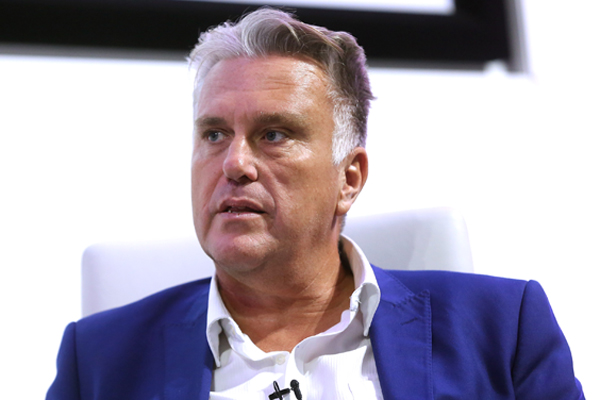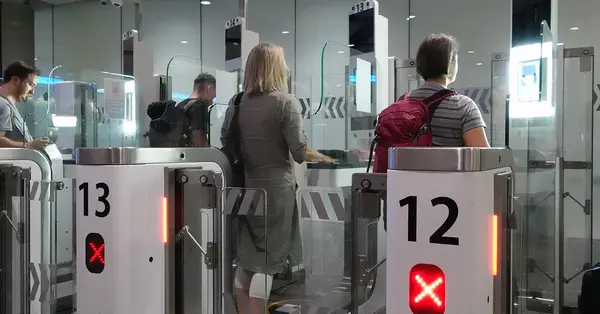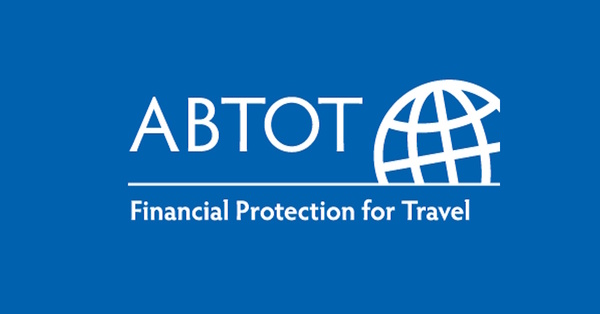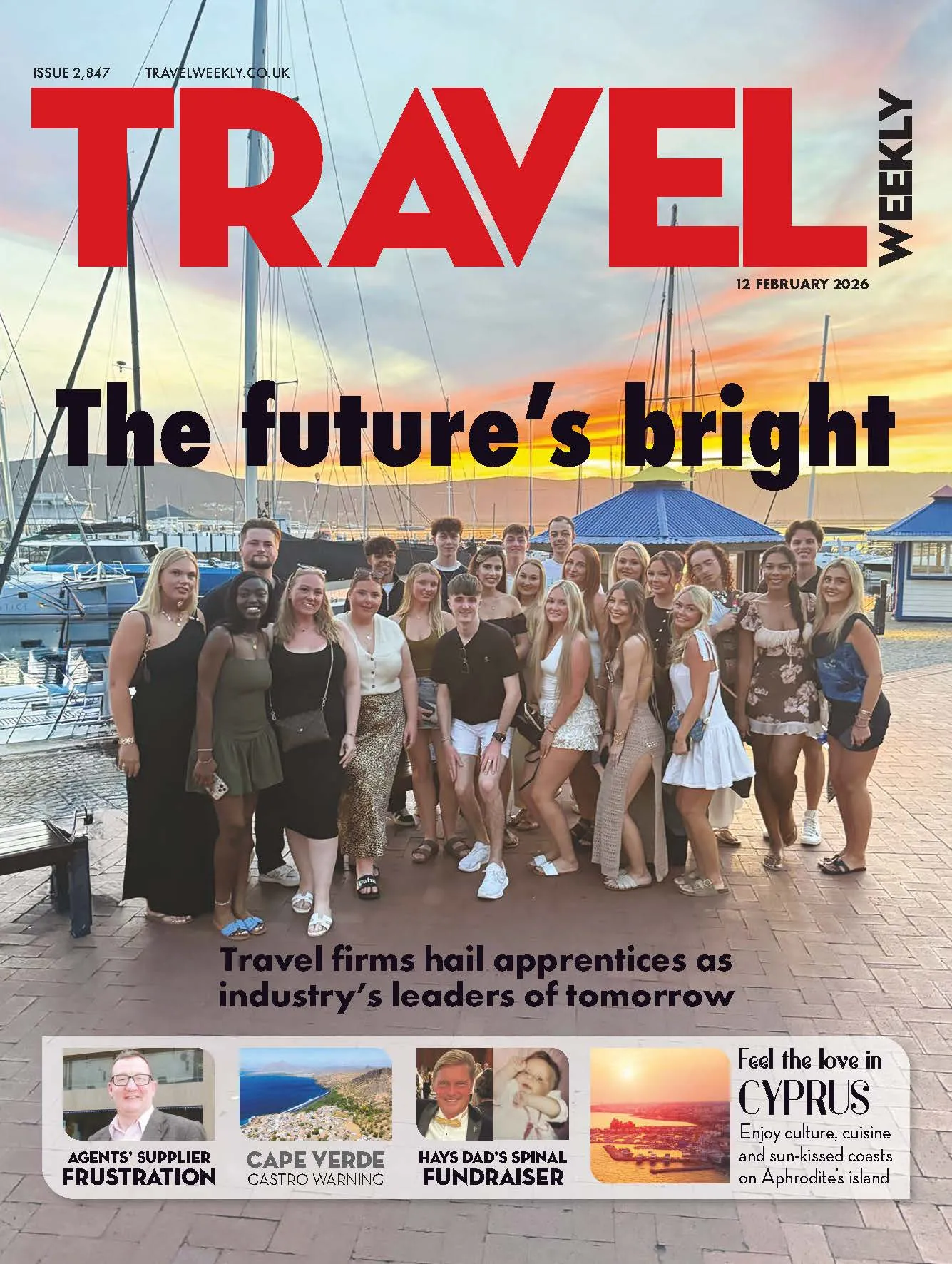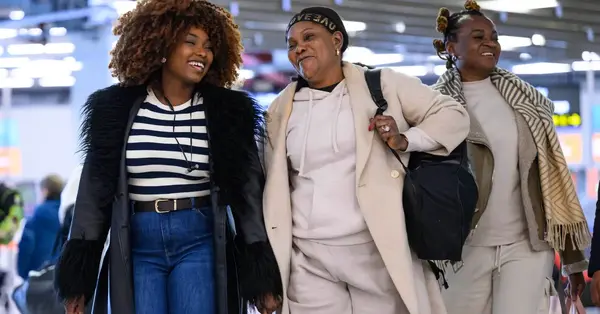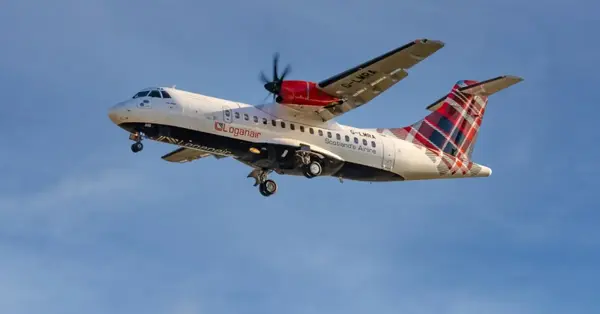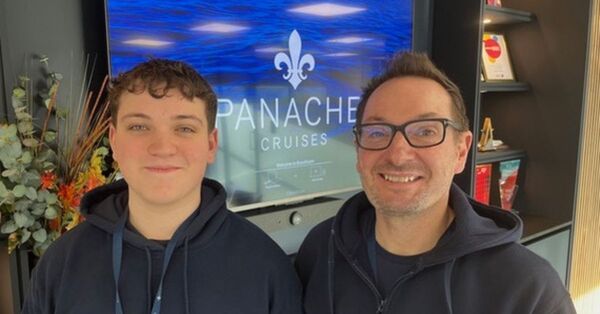You are viewing 1 of your 2 free articles
Comment: Is Ryanair’s feud with OTAs a prelude to alliance?
At the end of July, Ryanair reported a quarterly profit of €663 million, driven by heightened demand and a remarkable 26% hike in average flight fares. This underscores the effectiveness of their “no thrills” approach.
Concurrently, the UK's national press criticised Ryanair for its harsh customer service tactics. It notably charged an elderly couple £110 to print outbound boarding passes when they accidentally brought their return passes to the airport. True to form, Ryanair remained unapologetic, emphasising that the couple had agreed to their terms and conditions and were aware of the rules.
Ryanair's “brutality” in customer service is in stark contrast to the approaches of Jet2.com and easyJet, both of which prioritise customer-centricity and flexibility. Nevertheless, these accommodating policies stem from sound business reasoning.
EasyJet has set its sights on the business traveller segment, once the stronghold of British Airways, by introducing annual “speedy boarding” passes. These provide priority boarding and, crucially, a liberal free hand luggage allowance catering to businesspeople on brief trips. Additionally, they grant the flexibility to switch to other flights on the same day, accommodating unforeseen changes in meeting durations.
Jet2.com is swiftly evolving into a “holiday” airline. Its holiday divisions account for 60% of its total flights and a significant 80% on leisure routes. Such a customer-centric approach is vital when selling dream holidays, contrasting sharply with the bare bones “bus service” strategy embraced by Ryanair.
Interestingly, the secret behind Ryanair's financial success isn't primarily the revenue per seat driven by high customer satisfaction but rather its knack for striking exceptional aircraft deals. Case in point is their recent order of 300 Boeing 737-Max 10 aircraft. While the sticker price is $40 billion, industry insiders believe that Ryanair clinched a substantial discount, particularly considering its track record of securing over 50% off in past transactions.
Ryanair's bulk purchasing strategy, coupled with more seats and fuel-efficient planes, is anticipated to offer a 30-40% per-seat mile operating edge over its rivals. To operate the projected fleet at full capacity, it would need to cater to a whopping 300 million passengers, which means a growth rate of 5% annually. Impressively, Ryanair has surpassed this growth target every year since its inception.
Therefore, Ryanair will undoubtedly fly more seats in the future, but how many of these will be filled by customers on Atol-bonded packages provided by OTAs?
It's perplexing that Ryanair's chief executive, Michael O'Leary, harbours such animosity towards UK OTAs. After all, they contribute to filling 40% of seats on Ryanair's leisure routes. Furthermore, they often elevate vital early yield categories, given that holiday reservations typically precede standalone flight bookings.
Ryanair asserts its stance is due to OTAs marking up flight prices and hindering direct communication with customers during crises. Yet, this perspective overlooks the fact that many consumers purchase a fully bonded Atol holiday package, where the Atol holder has stringent legal responsibilities to look after the customer.
How often does Ryanair cancel flights due to operational reasons leaving customers stranded and responsible for making alternative arrangements to get home? Well, less than many other low-cost carriers, but they still do it.
On June 5 alone, Ryanair cancelled 400 flights due to French air traffic control strikes, impacting thousands. If these passengers had opted for Atol-protected OTAs, the onus of securing alternative flights would fall on the OTA. This underscores the enhanced customer service and safeguarding that such agencies offer in contrast to Ryanair.
Do customers truly suffer a disadvantage by booking through an OTA? While Ryanair points out that OTAs might mark-up flight or baggage charges when bundling them into holidays, it's essential to consider the benefits of Atol-bonded holidays. These packages come with heightened customer service responsibilities, justifying the additional costs. So, while customers might pay a bit more upfront, they're investing in greater protection and peace of mind.
The feud between Ryanair and the “Online Travel UK” association, representing prominent UK OTAs like On the Beach, Expedia, and Booking.com, has intensified. Ryanair's move to obstruct third-party bookings by making online check-in dramatically harder for those using such platforms has only added fuel to the fire, underscoring the escalating tensions between the airline and the OTA industry.
In addition to the standard check-in procedures, Ryanair has introduced a facial recognition process specifically for third-party customers, which reportedly experiences frequent failures. This induces travel anxiety and frequently culminates in an additional £55 airport check-in fee for these passengers. Such measures seemingly target and penalise customers for their booking method, further deepening the rift between Ryanair and OTAs.
Representatives for “Online Travel UK” diplomatically label this as “invasive, unnecessary, and unfair” treatment towards customers. However, I'd call it another example of Ryanair's “bully boy” tactics to gain the upper hand in an upcoming negotiation.
For years, Ryanair has been known to exert pressure on both UK and international airports, demanding favourable landing fee arrangements. It's plausible to speculate that they're using similar tactics with UK OTAs, potentially softening them up with the intent to negotiate individual commercial terms later.
Ryanair must recognise that its reputation as the “cheapest bus” in the skies might not appeal to the lucrative “package holiday” demographic — a market currently capitalised upon effectively by Jet2 and easyJet Holidays.
Indeed, aligning strategically with entities like Love Holidays, On the Beach, and Expedia offers an immediate surge in market share within this segment. Yet, it's quintessentially Ryanair to push for an outsized chunk of the profit pie. By restricting access to their flights and imposing stringent conditions, they can manoeuvre the negotiation dynamics in their favour.
Moreover, with easyJet Holidays quickly expanding, seat availability to the UK's OTAs will inevitably diminish. This shift further consolidates Ryanair's bargaining position, leveraging the constrained supply to assert their demands.
The decisions made by the Civil Aviation Authority (CAA), the Competition and Markets Authority (CMA) and the Information Commissioner's Office (ICO) concerning the legitimacy and fairness of Ryanair's actions will be pivotal. Like crucial moves in a chess match, their rulings can dictate the trajectory of the online travel market for the upcoming decade.
Will the Ryanair “bully boys” win? It's a tough one to call.

